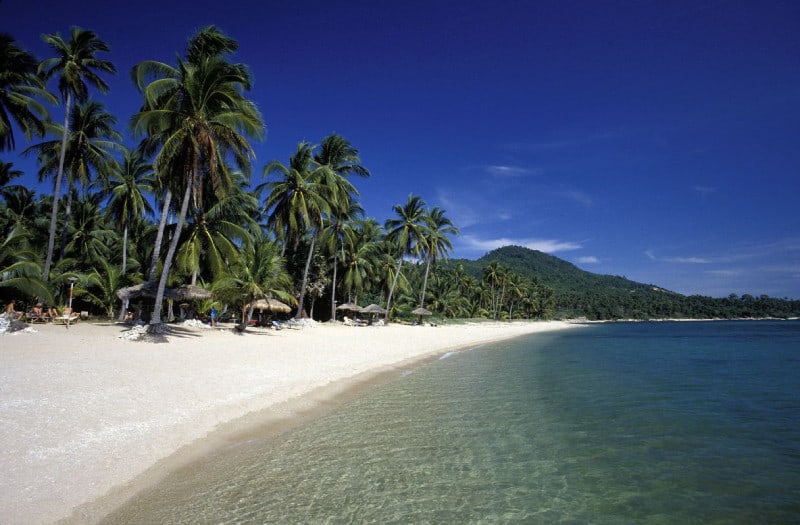 Source: http://bit.ly/2BuY1gY Photo: celebrityabc CCL: http://bit.ly/2xLZ0ap
Source: http://bit.ly/2BuY1gY Photo: celebrityabc CCL: http://bit.ly/2xLZ0ap
Koh Samui Facts
- Gorgeous Koh Samui is an island located off the east coast of Thailand, in Asia. It represents the second largest island in the country.
- It also forms part of the Chumphon Archipelago and has a current population of about 63,000 individuals.
- Humans first inhabited the island about 1,500 years ago. Even though it constitutes a popular tourist location in the region, the majority of the place remains isolated.
- Koh Samui did not even possess a road system until the 1970s.
- The place remains a marvel of botanical and geological beauty. Though it continues to export coconuts and rubber, tourism recently replaced those as the leading economy.
Related Articles
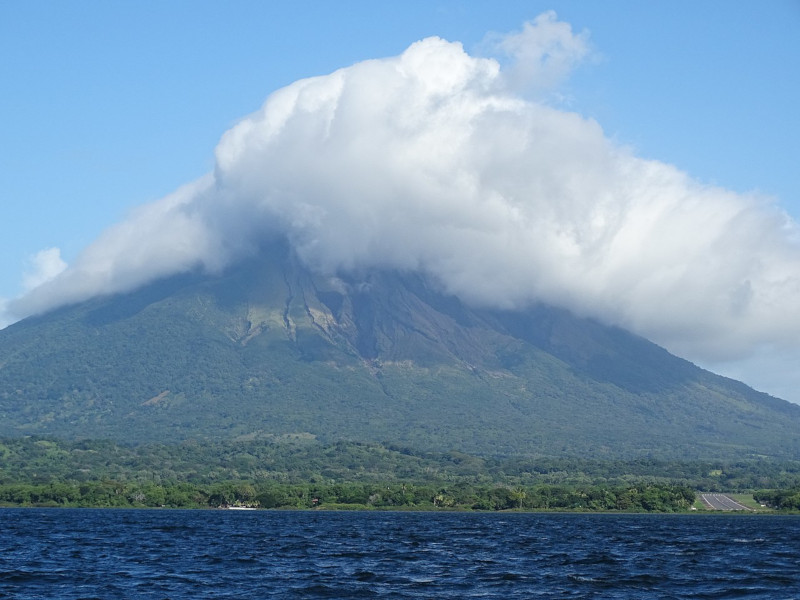
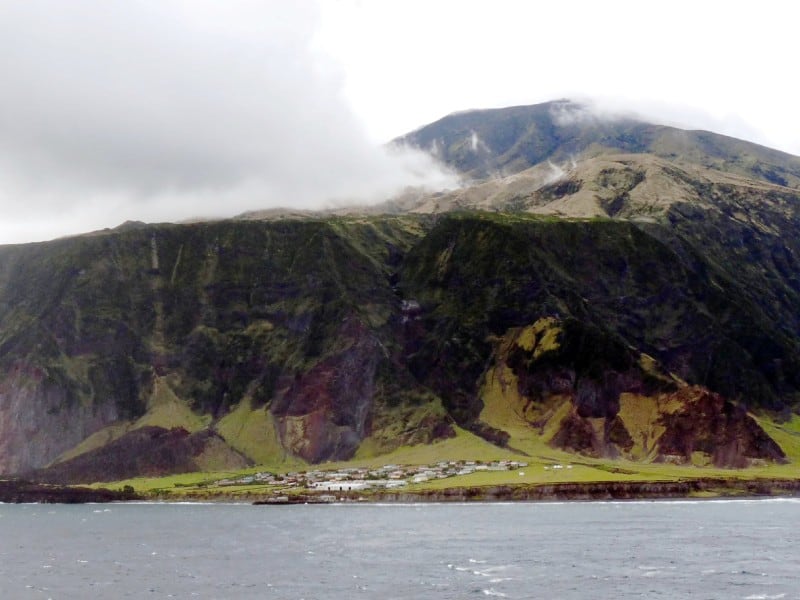
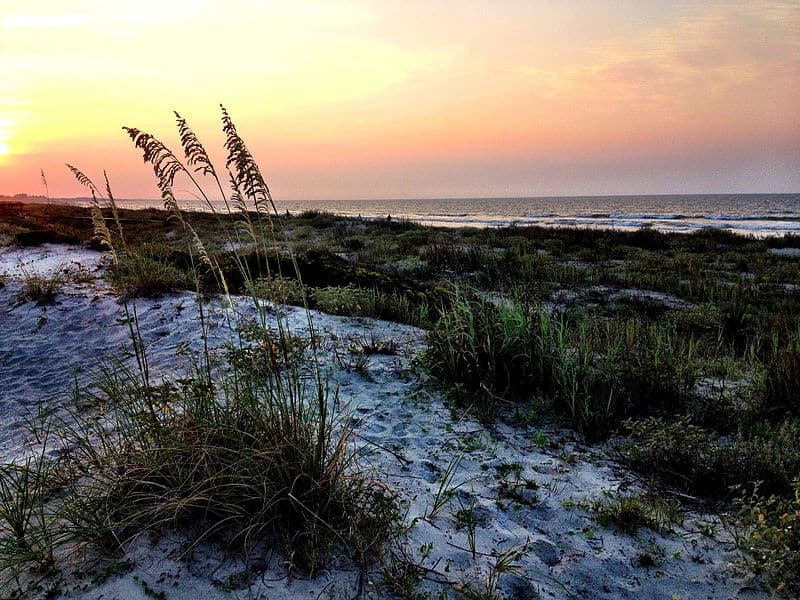
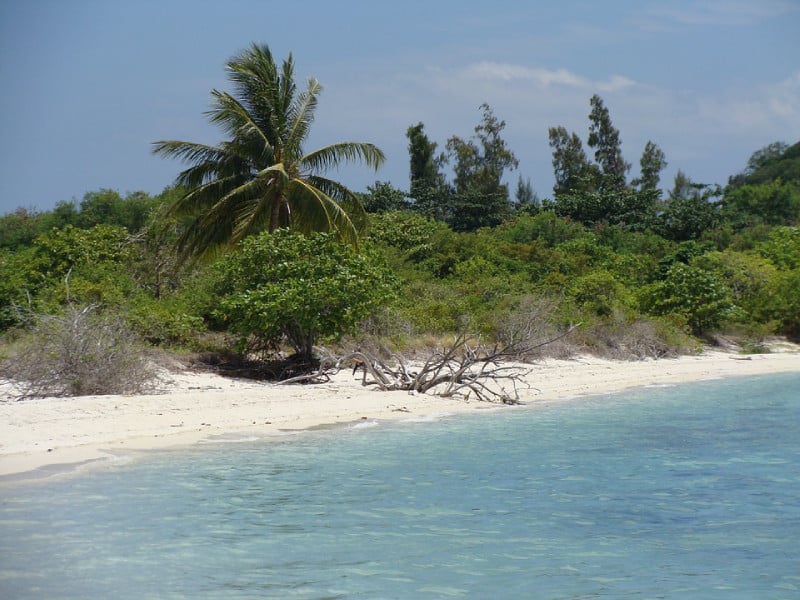
Koh Samui Geology and Geography
The island possesses a total area of roughly 89 sq mi (229 sq km). More than sixty other, much smaller islands surround it. Together they comprise the Angthong Marine National Park.
The outer regions of the island are dotted with beautiful beaches, coral reefs, and large areas of coconut trees.
The central part of Koh Samui forms a virtually uninhabitable area of a dense tropical jungle where a mountain named Khao Pom dominates. It rises to a height of about 2,083 ft (635 m).
Several natural ports also currently exist along the shoreline.
Koh Samui Climate
The island of Koh Samui possesses a true tropical monsoon climate. In fact, the only relatively dry month remains February.
The island also receives nearly 77 inches (196 cm) of rainfall each year. For that reason, the climate stays warm and humid for the majority of the year.
The heaviest rainfall occurs during the months of October and November. Rain showers are typically brief, except during the seasonal monsoons.
Further, the prodigious quantity of water that the dense jungle region retains, serves to maintain the high humidity levels throughout the year.
Features Sharing Its Region
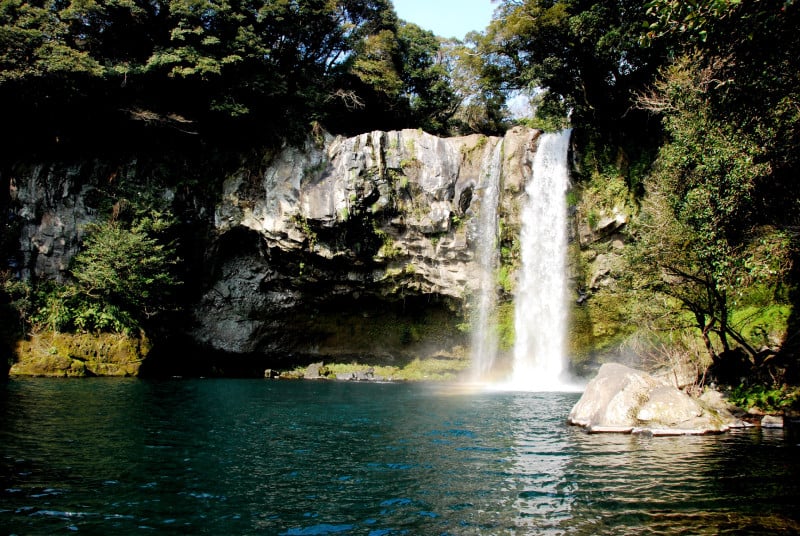
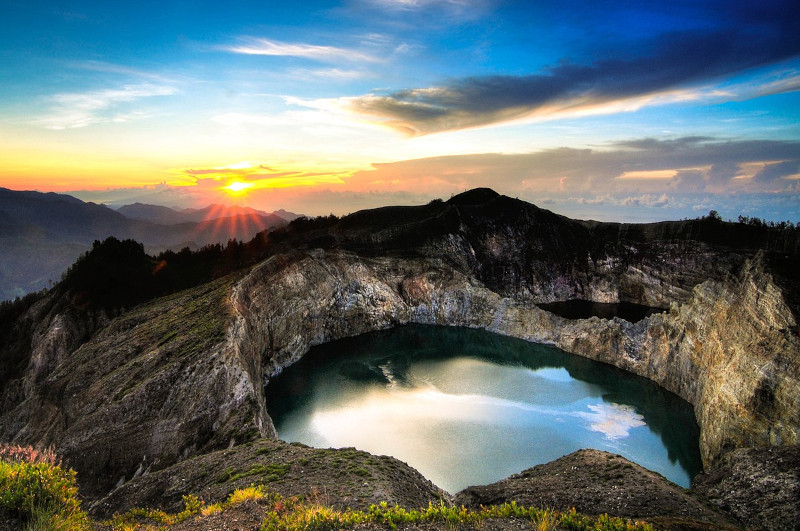

Check out our other articles on 7 North American Desert Dwellers, Mou Waho Island, Walrus, Hibiscus Harlequin Bug, Southern Stingray, Pale Umbrella Orchid, Texas Alligator Lizard
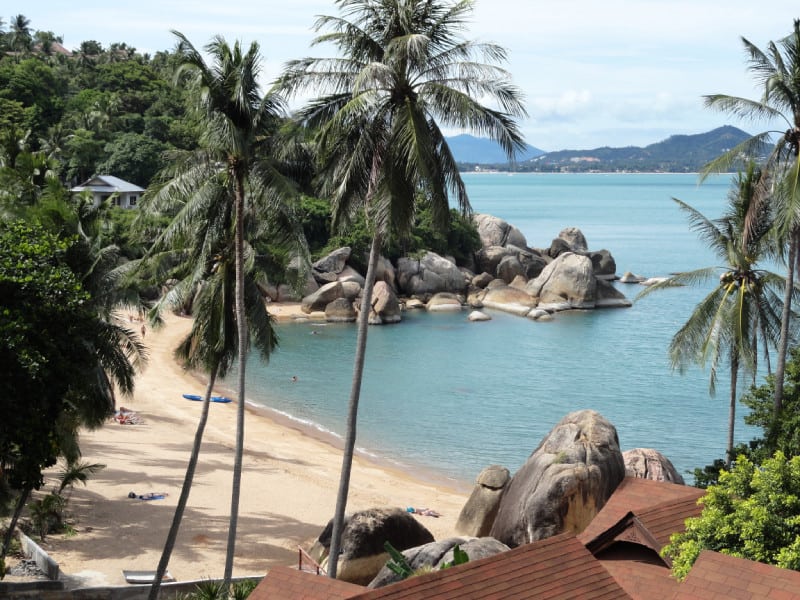









Leave a Reply